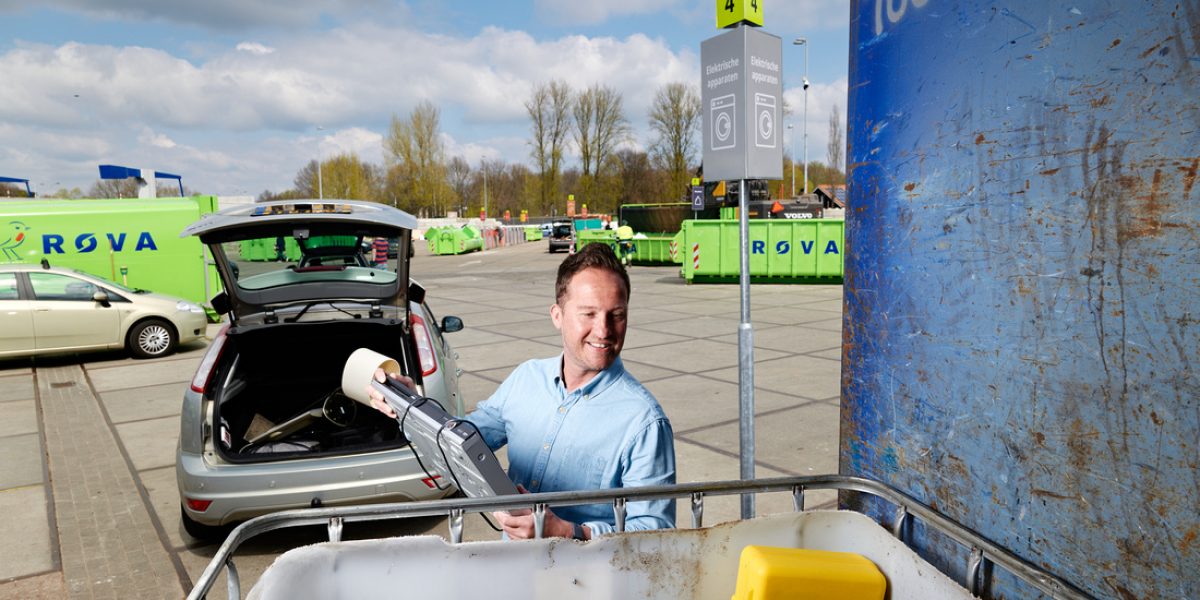Municipal elections 2022: political parties should include e-waste in their election manifesto


Municipal elections will be held on March 16, 2022. The election manifestos are now being written. In preparation for this, on behalf of all manufacturers of electrical appliances in the Netherlands, the OPEN foundation made a number of suggestions to the political parties in the 30 largest municipalities in the Netherlands. Subject: the circular economy. Many political parties have already responded positively to our input.
The collaboration between municipalities and producers in the field of collecting e-waste has been a success story for years. Together they effectively work on the transition to a circular economy, in which waste does not exist and valuable raw materials are used again and again. For example, more and more Waste Electrical and Electronic Equipment (WEEE or e-waste) is collected and high quality recycled. The metal, plastic, concrete and all those other valuable raw materials in e-waste are given a second, third or even tenth life. In this way, municipalities and producers contribute to combating raw material scarcity and CO2 emissions. Based on our shared experience at the intersection of the circular and social economy, we see five success factors for municipal e-waste collection and we were happy to share them. You can read the letter here (in Dutch).
Main features of the letter
The OPEN Foundation selected five success factors for the collection of e-waste in municipalities. Political parties that want to accelerate the transition to the circular economy can adopt these points in their election manifesto.
- Extend the opening hours of municipal recycling centers and also make it possible for SMEs to hand in their e-waste there.
- Start awareness campaigns towards citizens about the proper disposal of their e-waste.
- Give more priority, capacity and financial resources to environmental services for e-waste enforcement
- All waste electrical and electronic equipment in public spaces and buildings must be processed according to the legal standard CENELEC in sorting centers.
- Circular procurement, tendering and granting subsidies must become the norm in every municipality.



